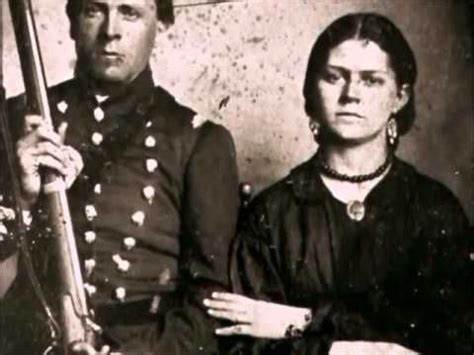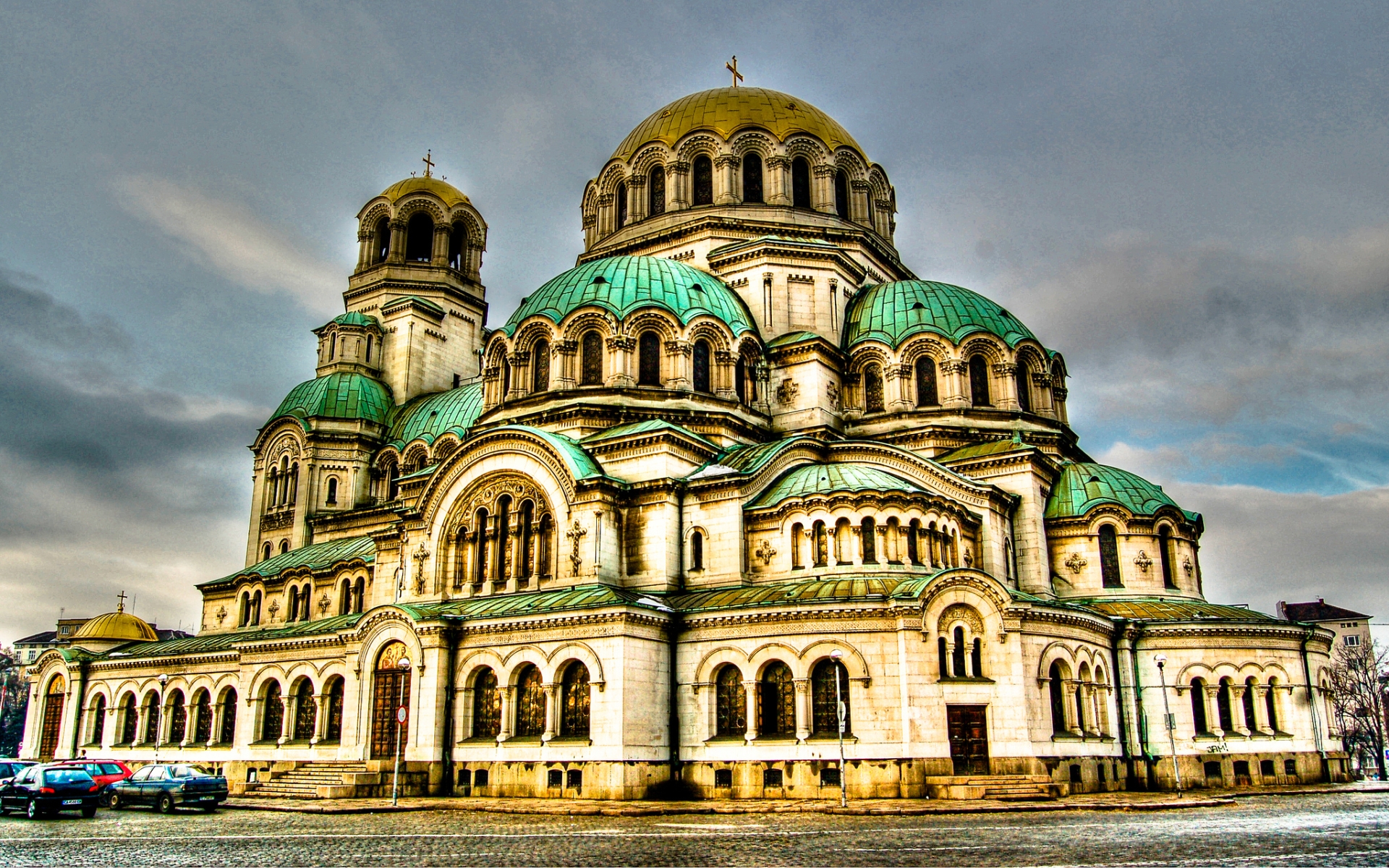In December, 2011 it was reported that Egypt tourism had fallen by a third, from USD 12B to $9B. That’s a loss of USD $3 billion, three times the amount the US provides Egypt under the treaty deal with Israel.
Other reports had that loss as high as $5B, which could be totally correct inasmuch as the US lent accounting support from its General Services Administration to the new government in Cairo.
The losses, of course. were tallied against the Arab Spring and resulting unrest in the ousting of President Hosni Mubarak, beginning in February 2011, the country remaining under the control of the military until President Mohammed Morsi assumed power in June, 2012.
At that same time, Al Arabiya News (often simply referred to as “the media” in Middle East chaikanas (tea houses), along with Al Jazeera, BBC, Reuters and CNN-World) reported that things were looking up with the arrival of the new democratically elected government.
Not.
Even before this week’s explosive demonstrations in Cairo, tourists had been on notice of possible problems.
(From Al Arabiya) Unofficial statements previously released by Islamist figures or Muslim Brotherhood members caused much insecurity in the Egyptian tourism sector. Many statements came with suggestions of the imposition of a ‘conservative dress code’ on visitors. Other statements favored a focus on religious tourism rather than beach tourism. Some even went as far as suggesting a kind of segregation in beaches; in other words, specifying certain beaches for men and others for women.
The Spanish come for the beaches, and girl watching, not the history, but may go elsewhere if mandatory beach attire is imposed, and only girls can watch girls.
Restrictions on the use of cameras or having to stop and pray three times a day, may likewise restrict Japanese travel. Japanese, a very hygenic people, also prefer bus drivers who bathe more than once a month.
For American tourists there will no longer be form-revealing slacks, or cut-off jeans (see photos). A real downer for all but the most serious of history students.
The Tourism Ministry claims tourist travel to Egypt was up by 31% (remember, GSA math) by June 2012, but no one can find evidence of it, unless that boatload of Indonesian pilgrims on their way to the Hajj in Mecca, were paid to walk through the turnstiles at Giza twenty times each.
Just don’t ask Joe the Camel Driver out there at Giza. When Candidate Morsi was campaigning he visited the camel stands and Joe asked Morsi why so many camel stands had closed. Morsi said “we have to spread the wealth.” (Under Mubarak, camel drivers were among the highest earners in Egypt, owning houses with private courtyards, and a favorable sun at dusk during Ramadan. And they were all of the private sector.)
In the souk word is that President Obama has suggested to Morsi that he nationalize the camel business, General Camels, and make the camel-dung corps (the men who clean up as the camels march, then take the scat to outlying villages to sell as kitchen fuel.) principal stockholders in the corporation, under state supervision..
Some say Morsi liked the idea. Others say he did not. I can’t say. I can only say it sounds like the sort of advice Obama might offer.
In 2011, Egypt fell out of the Top Twelve in worldwide tourist destinations. This year it is scheduled to fall out of the Top 20 at least. And unless some enterprising UAE entrepreneur can come up with a high-octane Wali-World theme park, with rides, songs, Jinn, and hookah stations for the parents, it’s likely to stay that way.
Obama magic on parade, yet one more upwardly-mobile second world nation he’s helping to send back to the third.
Who’s next, I wonder.






